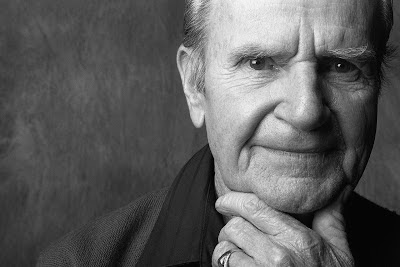The researchers reviewed and analyzed previous studies of horseback riding
interventions for patients with various types of motor (movement)
dysfunction—for example, cerebral palsy, multiple sclerosis, and stroke.
A comprehensive review identified 16 studies
evaluating two types of interventions: therapeutic riding, defined as some type
of adaptive or modified horseback riding with a therapeutic goal; or
hippotherapy, which uses the movement of the horse for therapeutic purposes.
Eight studies assessed the effects
of equine-assisted therapies for children with cerebral palsy, including a
total of 434 patients. Four studies evaluated the use of these interventions to
improve mobility in older adults with multiple health problems and
disabilities, 90 patients; and three studies addressed patients with multiple
sclerosis, 52 patients. One study, including 20 patients, assessed the use of
hippotherapy for patients after a stroke.
The results suggested that
therapeutic riding or hippotherapy had a "significant positive
impact" in all groups of patients studied. Individual studies reported
small but significant improvements in outcomes such as balance, motor function,
posture, gait, muscle symmetry, pelvic movement, psychosocial factors, and
quality of life.
Eight studies provided sufficient
data for pooled analysis (meta-analysis) of specific measures of balance and
gross motor function. On a measure of balance, the effects of therapeutic
riding were not significantly greater than for other types of therapy.
There was evidence of positive
effects on several dimensions of gross motor function, but no statistically
significant effect on the overall motor function score.
Mrs. Stergiou comments, "The
evidence for therapeutic riding and hippotherapy is encouraging, but with gaps
in that there are very few studies of these interventions in the international
literature." She notes that the ability to perform meta-analysis is limited
by the small size of the studies and the different measurements used.
Within these limitations, the
available evidence suggests that therapeutic riding and hippotherapy can be
beneficial for patients with neuromotor disabilities.
The studies show improvement on measures of walking and gross motor function in children with cerebral palsy. The research also provides evidence of increased balance and leg muscle strength in older adults, including stroke survivors.
The studies show improvement on measures of walking and gross motor function in children with cerebral palsy. The research also provides evidence of increased balance and leg muscle strength in older adults, including stroke survivors.
Further studies will be needed to
examine how horseback riding interventions affect other important outcomes,
such as daily activity levels and patient self-competence.
"Equine-assisted therapies
potentially provide advantage for cognitive, emotional, and social
well-being," Dr. Stergiou and coauthors write. "Individuals who
participate have the opportunity to simultaneously experience, benefit and
enjoy the outdoors, which might not otherwise be readily available."
Article: "Therapeutic Effects
of Horseback Riding Interventions: A Systematic Review and Meta-analysis."
(doi: 10.1097/PHM.0000000000000726)



